When scientists studying the deadly H5N1 “bird flu” virus reengineered it to be transmissible in humans, the potential for the virus to become a public security threat intensified. Publication of the research was delayed as the scientific community struggled with ethical questions it raised. Should the information be made public, given the risk? What is a scientist’s responsibility to society? Should this research have been done at all? What are the costs to science and society if we limit scientific freedom?
Questions like these are the focus ofBiological Futures in a Globalized World (BFGW), a two-year initiative that has explored research ethics from diverse perspectives. Sponsored by the UW Simpson Center for the Humanities, the UW Program on Values in Society, and the Fred Hutchinson Cancer Research Center (FHCRC), the initiative has included colloquia, forums, summer institutes, graduate seminars, and undergraduate courses.
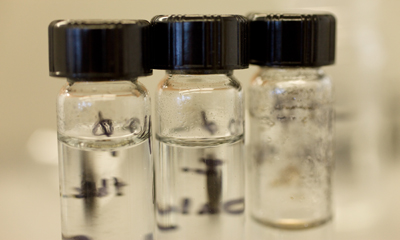
“The biological sciences are going through a major revolution right now,” says Alison Wylie, professor of philosophy and anthropology and BFGW principal investigator. “Backed by ever more powerful genomic science, the potential of molecular biology to reengineer living organisms in profound ways is enormous. And increasingly, the work doesn’t require the skill or resources of cutting-edge laboratories to have a significant impact. This is a particularly pivotal juncture in which our techno-scientific capacities are outstripping our imagination of what kind of world we want to live in.”
Wylie has led the initiative with FHCRC molecular biologist Roger Brent, a UW affiliate professor of genome sciences who has advised the national security establishment on biological threats for more than a decade. Brent received funding from the U.S. Innovation Fund to create the Center for Biological Futures at FHCRC, then reached out to Wylie to collaborate on BFGW. Wylie has long studied issues of accountability at the intersection of science and society.
Asking The Hard Questions, Early and Often
Research ethics is a broad area, covering everything from the treatment of human subjects in experiments to the societal implications of research findings. In the past, ethical considerations have often been an add-on, discussed after research was completed. Wylie and Brent would like to see ethical questions introduced during the earliest planning stages of research projects and to have ethics be an integral aspect of the training of young scientists.
“Researchers could be barreling along in one direction and then discover that they have presuppositions that need to be questioned,” explains Wylie. “It’s not just a matter of adding a new piece to the puzzle but instead rethinking the whole model you’re using. You could have a terrific, rigorous, responsible research program, but until you bring alternative critical perspectives to bear, and until scientists understand their role as ethical actors, problems may not be recognized.”
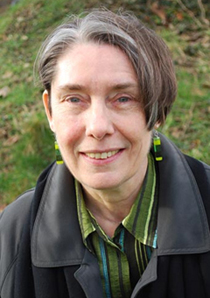
Sometimes the most useful perspectives come from someone outside a researcher’s own discipline. Recognizing this, Wylie and Brent have invited philosophers, geographers, anthropologists, and other humanists and social scientists to speak alongside scientists at its many events.
To date, two forums, a workshop, a dozen colloquia, two summer institutes, and five academic courses have been offered through the Biological Futures initiative. One popular event was a forum on the ethics and politics of flu research, offered during Winter Quarter 2013. The forum, and three lectures in the weeks that followed, explored the ethics and politics of H5N1 research and its global implications. In conjunction with these public events, Biological Futures offered a one-credit microseminar for graduate students that included weekly readings and discussion of issues related to flu research.
Wylie is currently teaching an in-depth graduate seminar on moral questions that often arise in the course of doing scientific research. “We cover issues of responsible conduct,” says Wylie, “but also issues of accountability for the social and environmental impacts of research, and broader questions about values embedded in scientific practice that are often not recognized as ethical.”
"It starts with getting people to realize that they can be good people and intend the best and yet can be implicated in results that can be harmful.”
While individual values and priorities can vary greatly, just recognizing that questions of ethics exist in research can be an important first step, says Wylie. “It starts with getting people to realize that they can be good people and intend the best and yet can be implicated in results that can be harmful,” she explains. “We want people to be aware of the complexities of these issues and think about them at the start of their research, not after the fact.”
Preparing the Next Generation
As the next generation of researchers begins its training, Wylie would like to see ethics education included early on. Two courses for undergraduates were offered this year: a one-credit lecture course that featured a variety of UW faculty discussing ethics issues in their field; and a three-credit course that provided a more in-depth introduction to research ethics.
“I think that the hardest thing for the students to wrap their heads around is that there isn’t one simple ethical answer to any ethical question or issue,” says Lauren Hartzell Nichols, acting assistant professor of philosophy, who co-taught the latter course with Laura Harkewicz, lecturer for Biological Futures and Program on Values in Society. “As happens in many applied ethics courses, students came in expecting to learn the ‘right way’ to handle various ethical issues. Instead we taught them about a range of ethical theories and principles and emphasized the complexity of ethical decision making. Though they left with more questions than answers, I am confident—and they self-reported—that they have more tools to approach ethical thinking and decision making.”

In fact, students in the course—nearly all of whom were science majors—expressed unanimous support for an ethics course requirement for all undergraduates pursuing a science degree. That’s an idea that Nichols supports wholeheartedly.
“Even a short, three-credit course can powerfully affect how students think about…both science and ethics,” she says. “Empowering them to be able to recognize ethical issues and arming them with the skills to work through these issues will not only make them better students but also better citizens.”
As the two-year Biological Futures initiative nears completion, Wylie is searching for ways to develop the model into a sustainable, ongoing program of courses and workshops. With funding tight all over campus, she has not yet found a solution. But she says she will continue to work toward this goal.
“I’ve met a lot of wonderful people on campus who care deeply about these issues,” says Wylie. “We just have to figure out how to make it work. We need to do this for this institution. The University is such a research powerhouse—so much important work is being done—that we should definitely be leaders in making the conduct of scientific research an ethical practice.”
For more about Biological Futures in a Globalized World, visit depts.washington.edu/ssnet/biological_futures.
More Stories
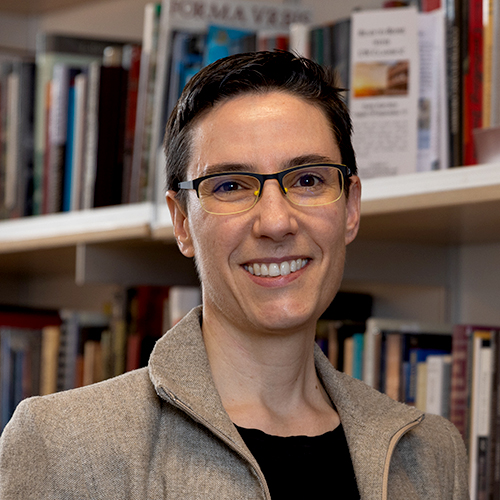
Lifting Marginalized Voices — from Ancient Rome
"Interesting, frustrating, and necessary,” is how Sarah Levin-Richardson, professor of Classics, describes her research into the lives of enslaved individuals in the ancient world.
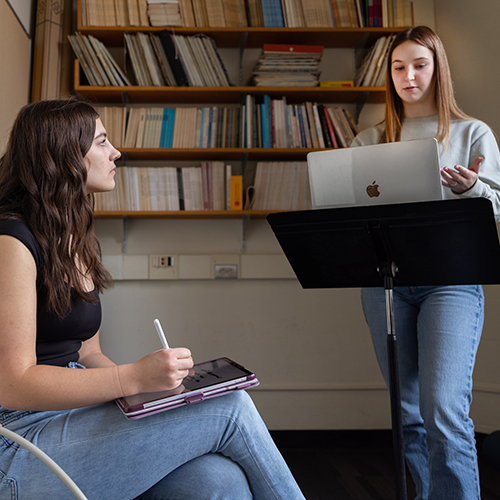
The Truth About Public Speaking
Becoming an effective public speaker requires planning and practice. Professor Matt McGarrity and consultants at the UW Center for Speech & Debate are available to help.
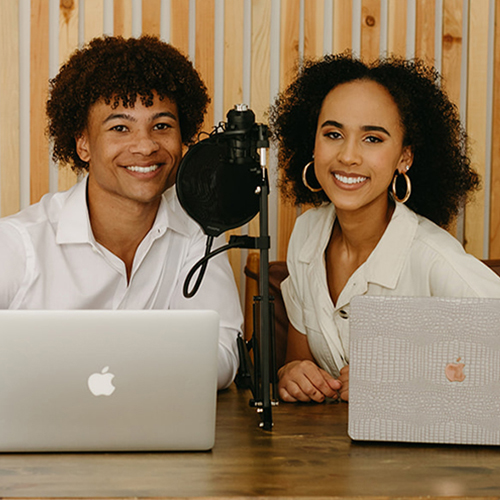
Mentorship for Black Professionals, Earbuds Not Included
Identity Unboxed, a podcast created by alums Tiana Cole and Brad Blackburn III, explores the experiences of Black professionals in the Seattle area.